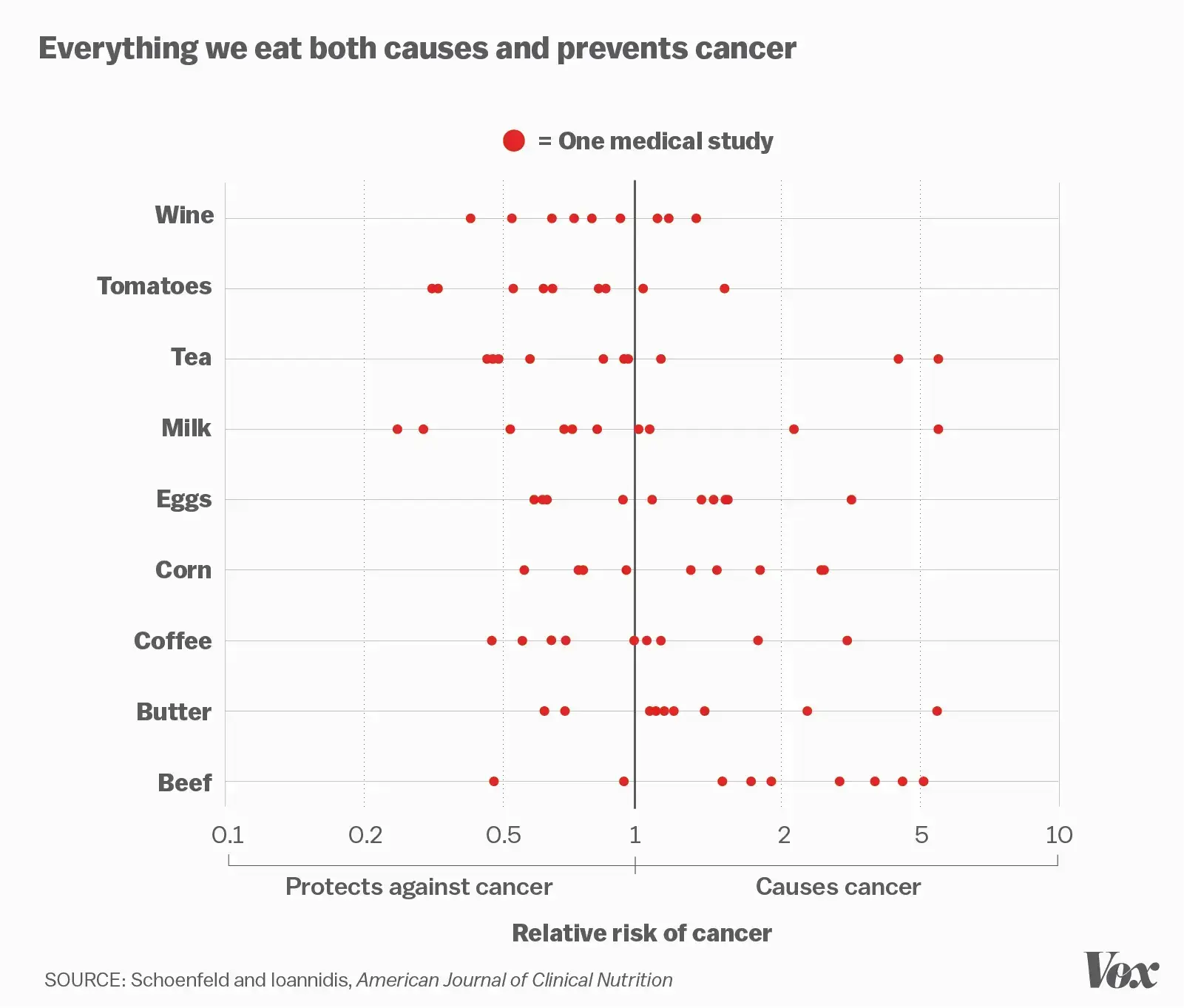Data was obtained from the UK Biobank, a repository of data collected from tens of thousands of people across the United Kingdom.
It is important to remember that an observational finding like this is inherently not causational. One group of people weren’t asked to eat nuts while another was asked to not do so. Therefore, there is always the possibility that alternative explanations exist. A simple one could be: people that care more about their health tend to snack on healthier things like nuts instead of chips or sweets. And those people are less likely to be depressed.
Waiting for this to show up on sci-hub so I can provide a more useful analysis, but observational findings are super common in nutrition and while they are often extremely circumspect for the reasons outlined by @Dr_Cog@mander.xyz, sometimes studies do have a good amount of adjustment factors. Given the hazard ratio and a confidence interval which is close to including 1, I don’t think these findings are particularly strong (which is fairly usual in nutrition based studies).
However, in the context of what we already know about nutrition, we know that hitting a certain amount of dietary fat is associated with reducing the risk of depression. Other nutritional factors are likely important, and studies like this can help when we do meta-analysis to deduce what factors play a role even when our science isn’t as controlled as we’d like it to be
Good point on observational studies being of limited use.
People who eat nuts may be less likely to eat chips or processed food in general. So an observational study probably wouldn’t tell whether the nuts themselves have positive effects or not. But it’s probably not a bad thing unless you’re allergic.
I think it’s fair to think of it in the context of, if you already struggle with depression and you enjoy eating nuts, this is just an excuse or a little nudge/reminder that it probably won’t hurt to do so and might have a minor positive effect. I think that’s useful information and we shouldn’t focus too heavily on whether we fully understand the science.
Researchers cannot always replicate the findings of other researchers, and for various reasons many don’t even try. All told, an estimated 85 percent — or $200 billion — of annual global spending on research is wasted on badly designed or redundant studies.
First they lament the lack of replication, and then they lament “redundant studies”. So which is the bad one?
Honestly this article reads more like someone having an axe to grind with medical researchers than any sort of objective piece, but I haven’t actually looked into its claims
Some studies need to be replicated before the results are trustworthy and others replicate bad studies - both are issues.
Looking at this graph, I agree that there is an axe to be ground:

What kind of nuts? Deez nuts
A similar study (observational) found eating tree nuts reduced recurrance of cancers by 50% in cancer survivors.
Tree nuts are pretty expensive. I sort of think it’s more likely that being financially secure reduced recurrance of cancers by 50%.






